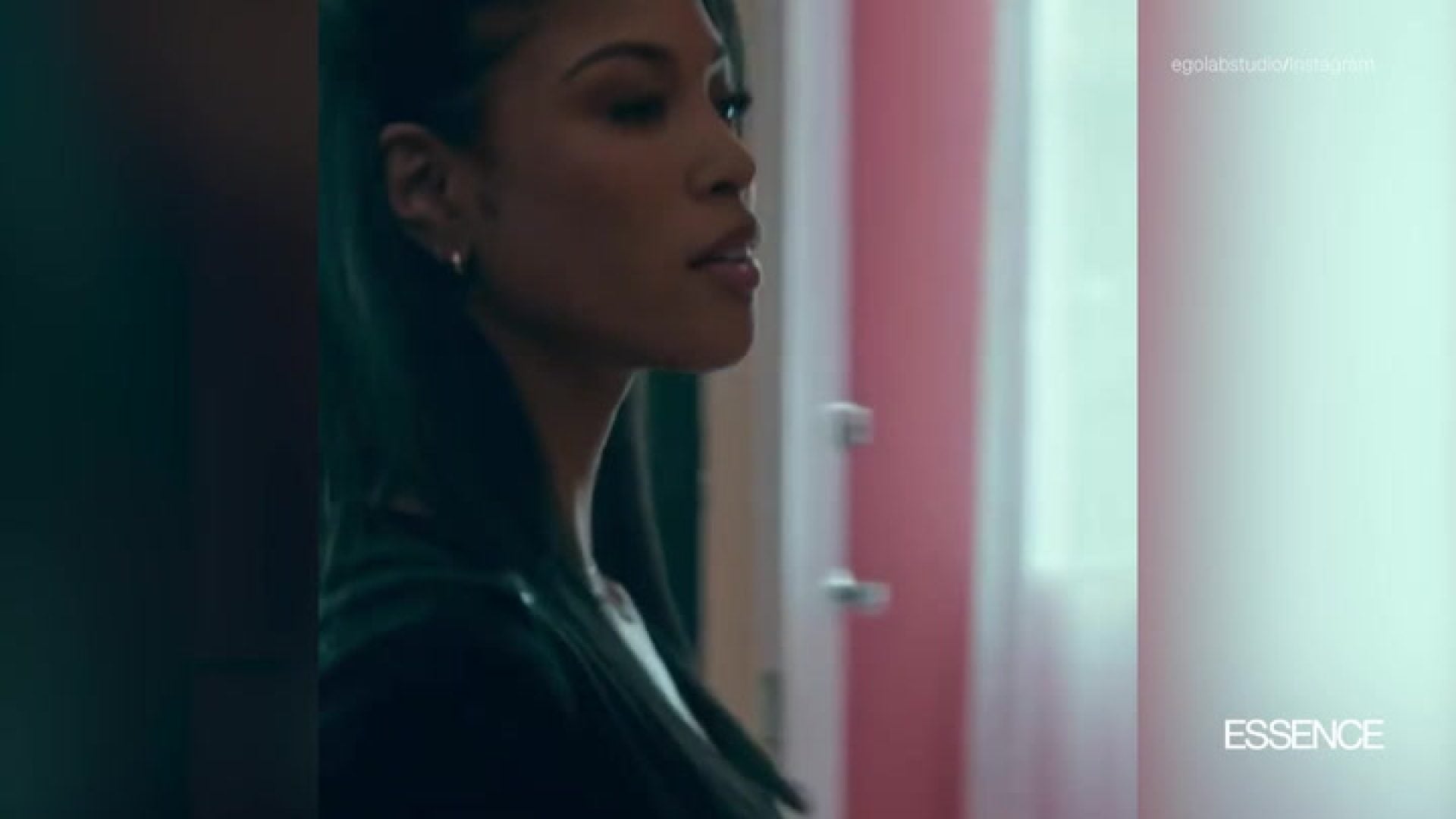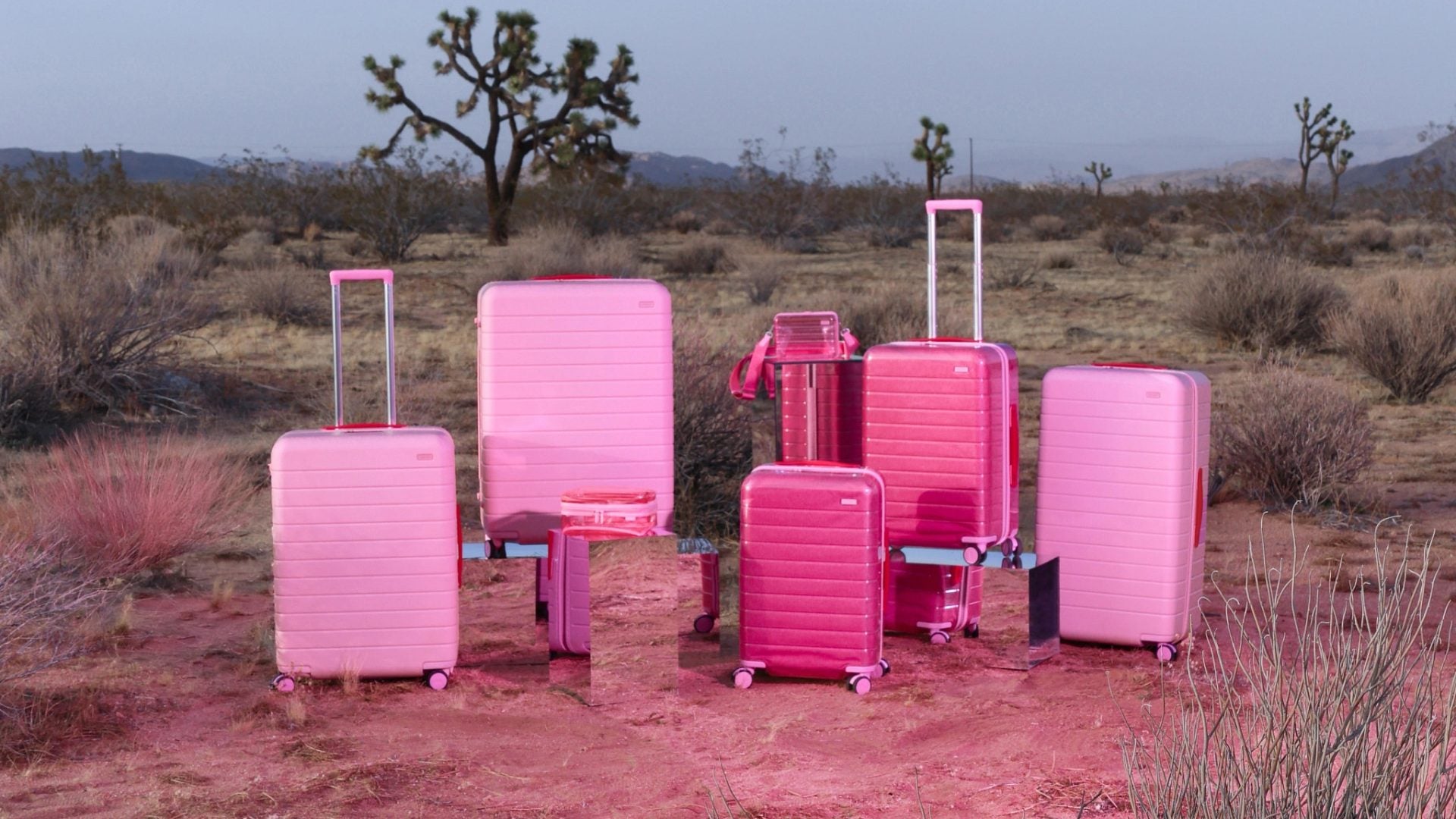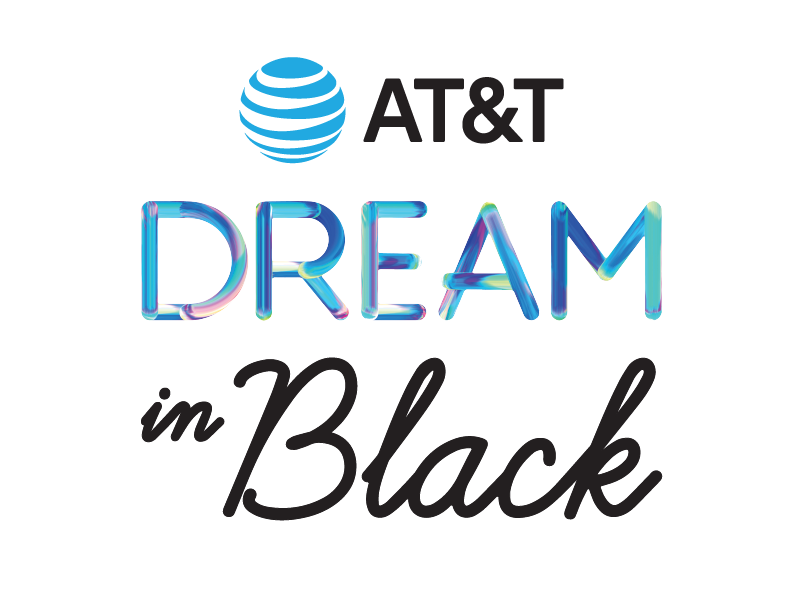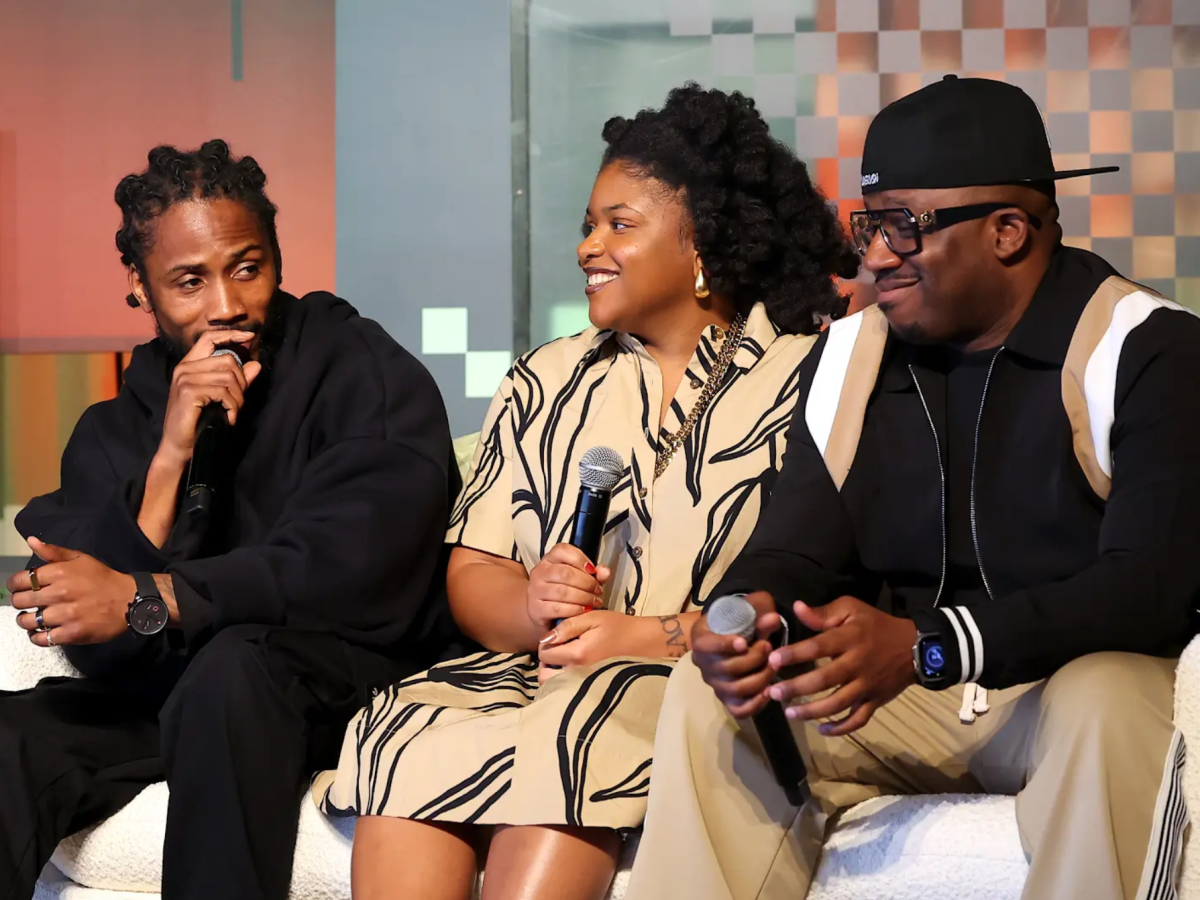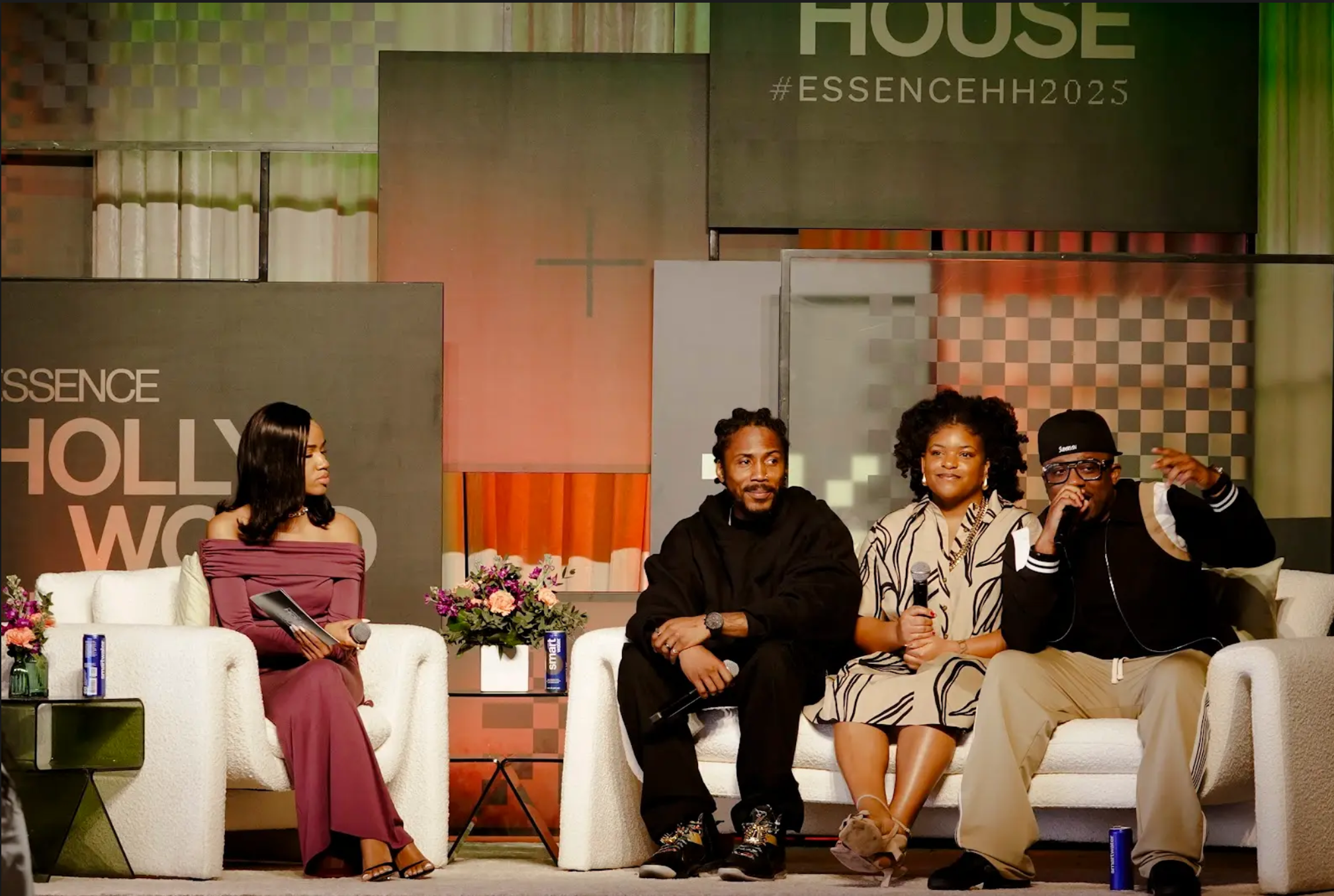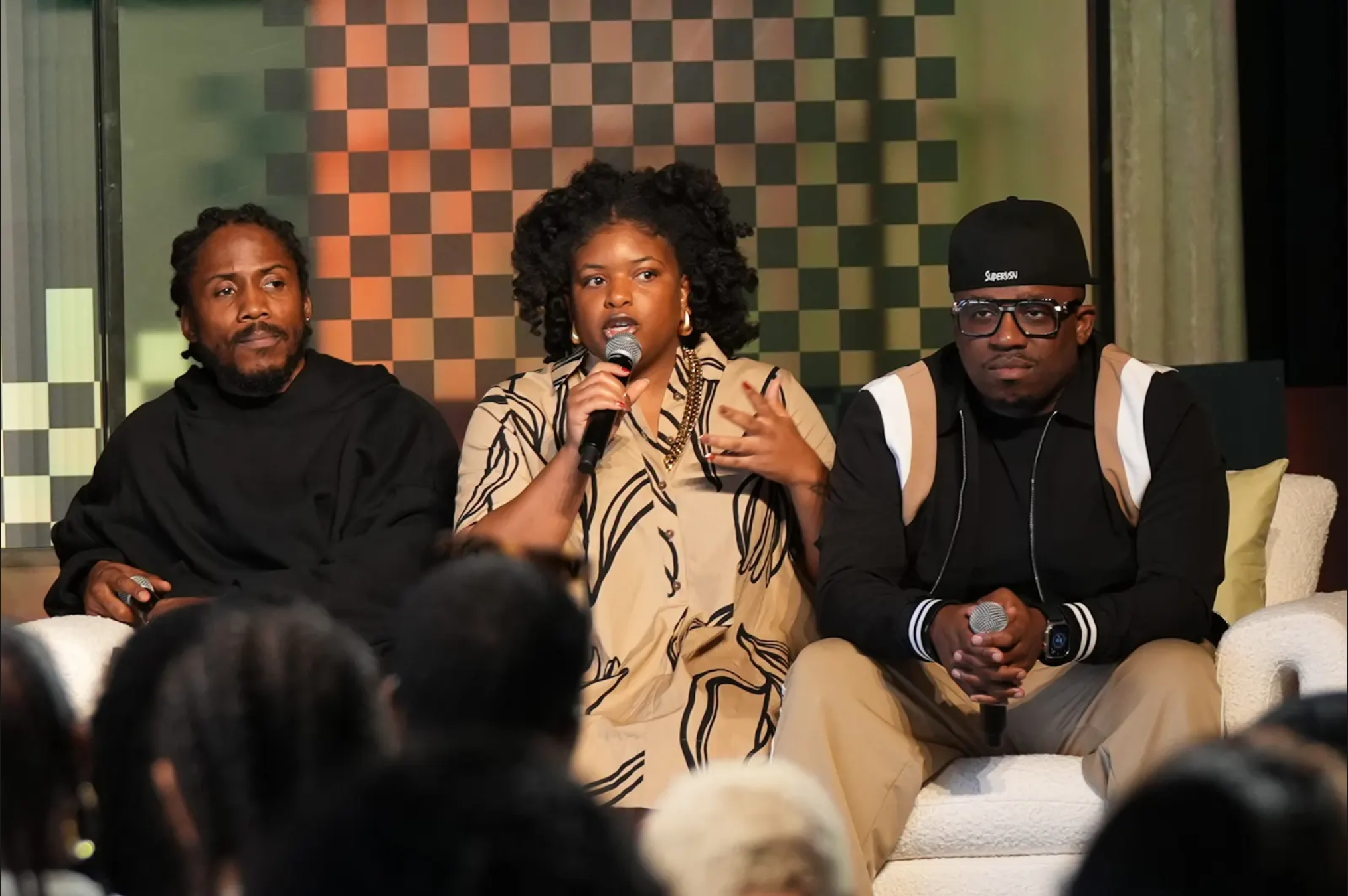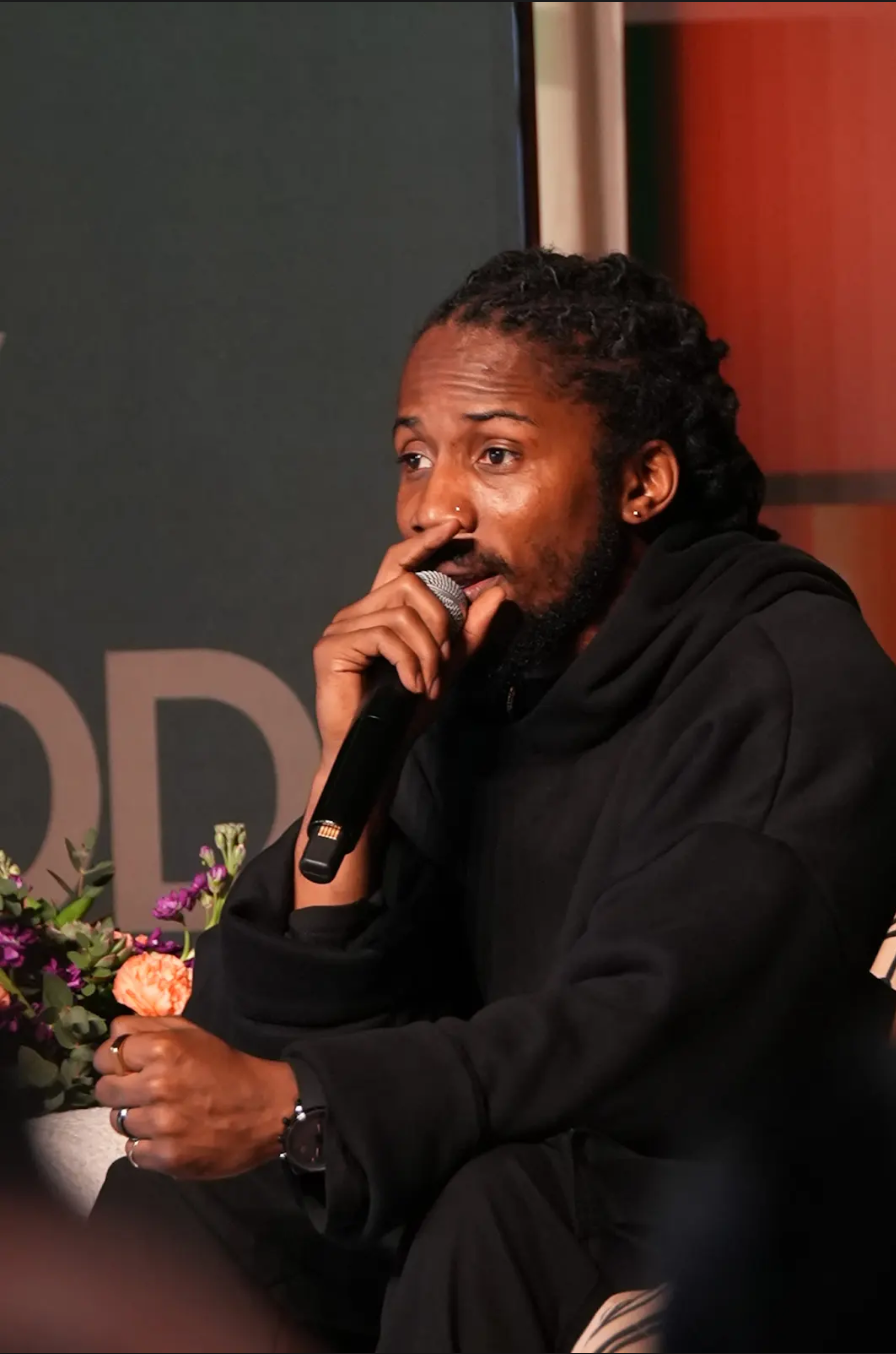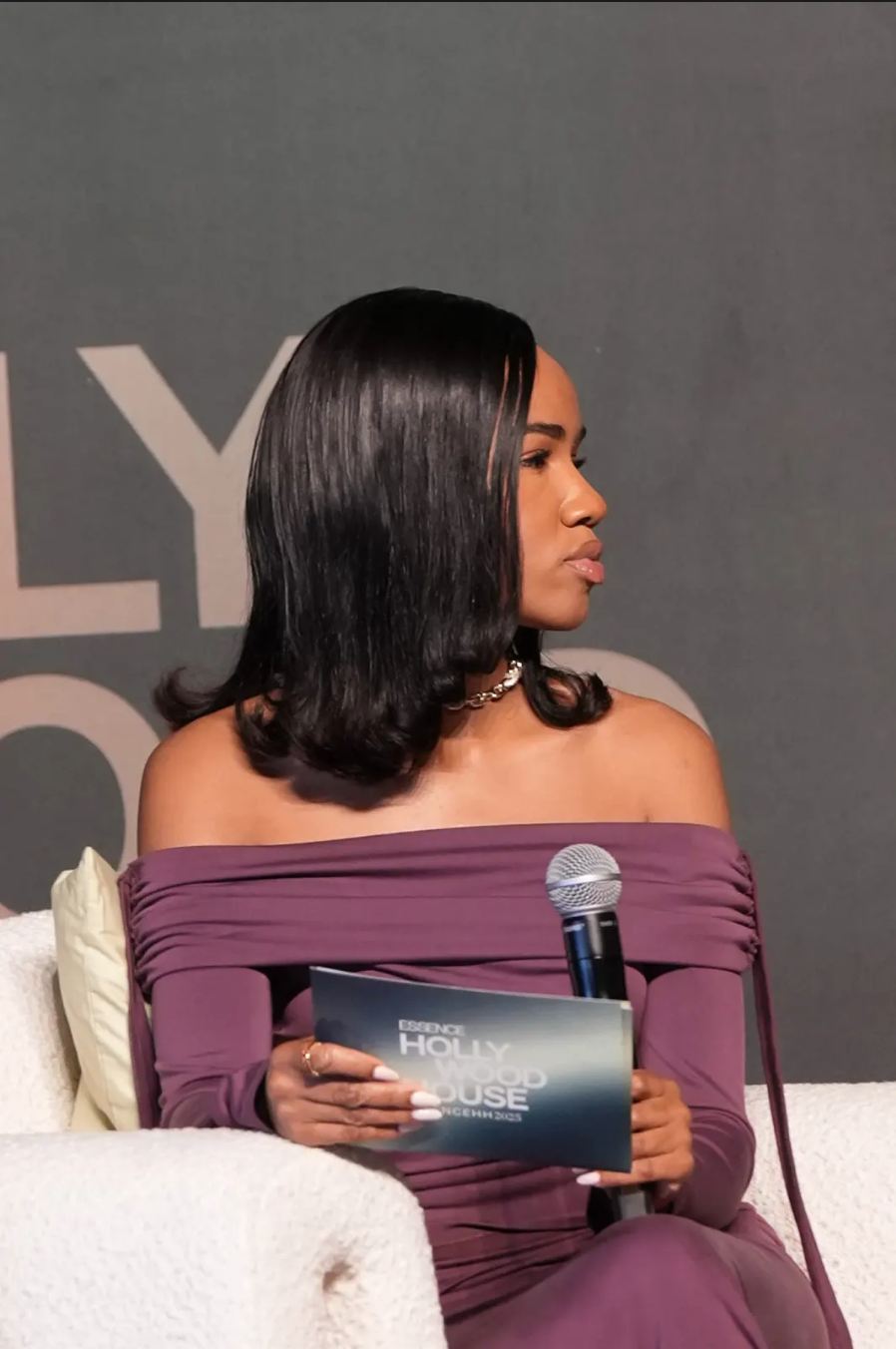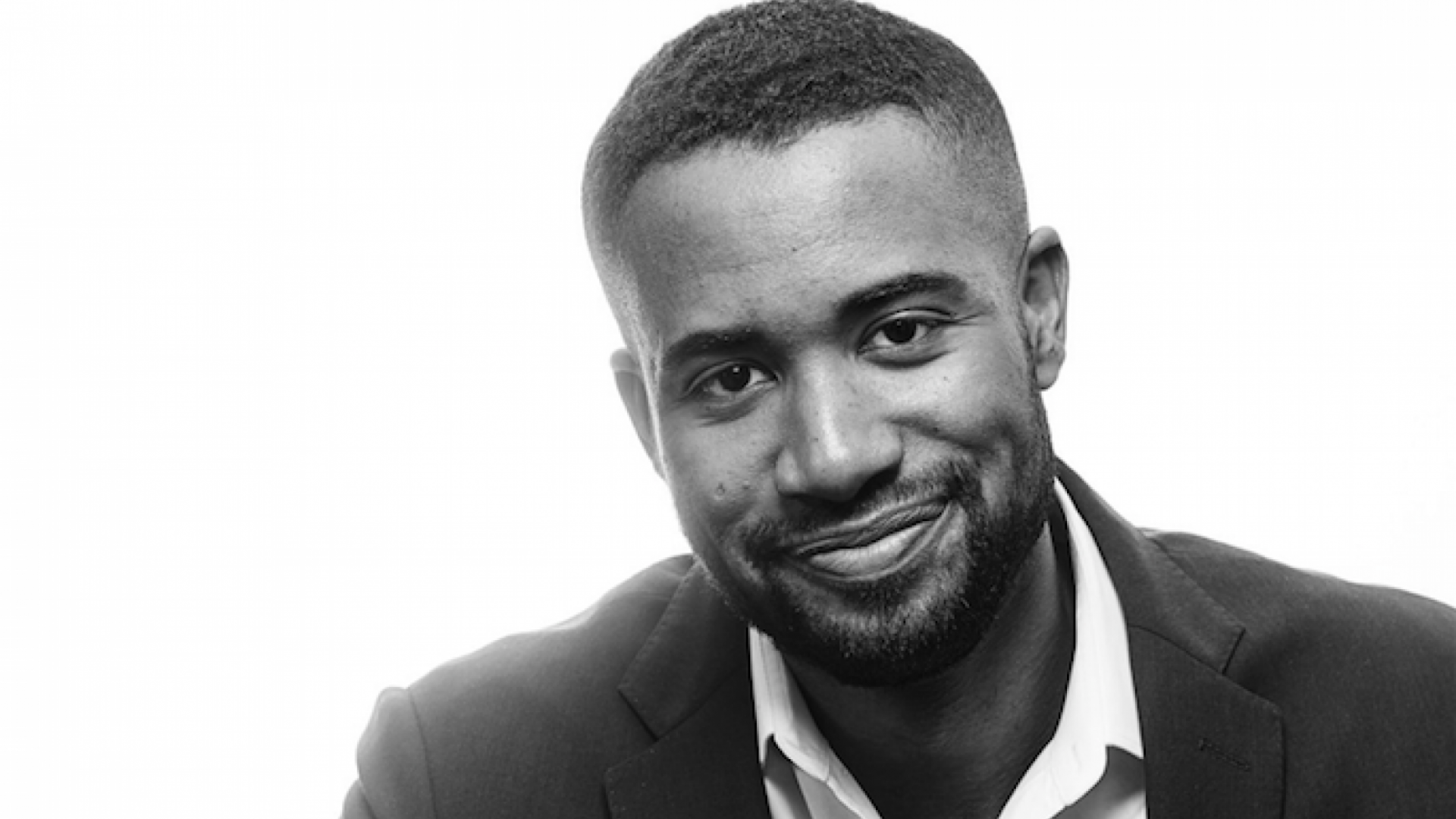
It’s hard to imagine that America has only one plantation memorialized solely to the history of slavery.
While many are focused on weddings, drinking, and hosting festivities on sacred ground, there’s one man who seeks to memorialize these places of resilience, strength, and hope, despite the atrocities committed against so many of our ancestors: Kirk Brown.
As the founder and CEO of Melanin MeetUps, Brown launched The Better Together Project, a movement to end plantation glorification and tourism. Inspired by the literature of Ida B. Wells-Barnett, Kirk marked the Juneteenth launch of The Better Together project with the “Stop The Glamorization of Plantation Tourism petition” which targets the Louisiana River Parishes Tourist Commission to “Remove the name “New Orleans Plantation Country” from its website and stop advertising weddings, festivities, etc. on “sacred grounds.”
He doesn’t plan to stop there either. Through his work, Brown wants to better memorialize the African American experience in schools through literature and memorialize every plantation across the United States of America, mimicking his work as a board member for The Whitney Plantation. The plantation offers up the history of the 1811 slave revolt — reportedly America’s largest-ever slave rebellion — as well as a glimpse into the lives of child slaves, an explanation of the roles African leaders played in exacerbating the slave trade, and much more, all through the eyes of slaves themselves.
In this interview with ESSENCE, Brown shares more on history of plantations in an effort to create real, lasting change.
You started Melanin MeetUps in 2017 as a way for more African-American professionals to network to obtain opportunities in their respective fields. How has it grown, and how have you been able to pivot in the midst of the pandemic?
It’s turned into what we call a “think platform,” where healing and data are essential to our community advancement and mission to shape our experience across industry and policy. We’ve spawned strategic partnerships with media organizations, political candidates, and corporations to begin rewriting the narrative across multiple industries all through finding common ground through shared discussions – it’s been phenomenal to watch.
The pandemic exacerbated the need to address not only our individual traumas but collective traumas, so we’ve taken a deeper dive on the healing front in our meetups as the Black American experience brings about so much. Emotional availability creates ideation and solutions, so we push this now – more so than ever – as we need to be able to navigate these unprecedented times.
What sparked the idea for The Better Together Project?
Many of us have parents and elders who come from the Jim Crow South and whose lineage is comprised of erasure and the ugly parts of American society like slavery. This is not talked about in great detail due to the pain of trauma and the minimization of this pain in society by millions from deifying slaveholders into statues to outright generational terrorism and assault on our community. In the end, you’re told to “move on.”
My lineage is in part – I’m discovering – due to sexual assault of owner and property and is comprised of enslaved folks and sharecroppers; my granddad was even a sharecropper, so I’m not that far removed. My name was “picked” to survive (and I’m not ashamed to admit that) as my parents were concerned about how I would survive in Western American society, but this side of America, and all of its nuances, are not talked about. We plan to amplify this with The Better Together Project so we can heal not only as a community but as a country around collective trauma and pain.
The Better Together Project’s goal is to memorialize the African-American experience in order to create cultural reform and honor the Black community, whether it be memorializing sacred homes like plantations where systemic racism was birthed or ensuring students understand the power of Ida B. Wells’ literature and how and why the frameworks of “othering” by white supremacy work, and how to spot them in the 21st century.
Have there been critiques and/or challenges for this campaign to end plantation tourism?
I’ve seen some atrocious comments and critiques online from those who feel we’re trying to tear down history by wanting to end plantation tourism. No one is tearing down anything, and where does one even draw that conclusion? We’re trying to honor these homes where murder, rape, and outright genocide occurred so we as a society can understand how all of this came to be (hence, systemic racism, etc.) and above all else honor a community that has suffered a great deal. It’s absurd to be drinking, partying, and having weddings where children were killed and sold off deliberately. No one would dare do this in Auschwitz or Dachau, so why here?
But it speaks to the color line of black and white and many people’s “emotional blueprint” and reactivity with race when it comes to anything “black,” as black is seen as the antithesis of white in America. I believe the best example I can give is that Black people have been forced to watch this film of how America came to be repeatedly and can see the bad editing, bad acting, and small roles of themselves and are no longer blinded by the visuals and aesthetics. As a result, they choose to leave the theater to create something better that includes them in greater detail, but the people who routinely sit and watch the film over and over don’t like them standing up to block them as they leave, and are frustrated (and most likely fearful) that they’re over it – and we are. That’s where we’re at and truly heading at this point, unapologetically. Plus the film is affecting our health given the effects of racism on our bodies and minds.
What is the significance of memorializing plantations?
The plantations I speak of are sacred homes that represent the foundation of systemic racism and all that we as a society are fighting against. It’s the birthplace of the color line, American white supremacy, and where erasure of entire cultures took place – and why Black Lives Matter even became a rallying cry. This is our story. By memorializing and honoring these sacred grounds, we show respect and pay homage to the genocide, murder, rape, and inhuman labor conditions and atrocities inflicted on a group of people that have carried over multiple generations. Through that, we can learn to heal and understand ourselves in order to move forward and imagine a better society. We can’t do that with unresolved trauma or lack of understanding. And if you’re allowing weddings and people to drink on these grounds, we overlook the pain that needs to be addressed to heal and move forward as Americans and will repeat these same traumatic cycles rooted in denial.
How can people support The Better Together Project? What’s the takeaway that you want people to remember about this campaign?
This campaign is meant to promote cultural reform for the country by creating a sphere of reverence around the African-American community and experience in order to heal and move forward as a nation. I hope this sets in motion many things, but one in which a young Black boy or girl can walk into a classroom and know that their history is seen, heard, and respected. At the end of the day, every person wants their experience validated, so I hope to do that for the future because I truly know what it’s like to not be seen.
People can support us by taking the pledge at melaninmeetups.org/bettertogether and join us for our monthly meetups where we create safe spaces to work on the project in real-time.



